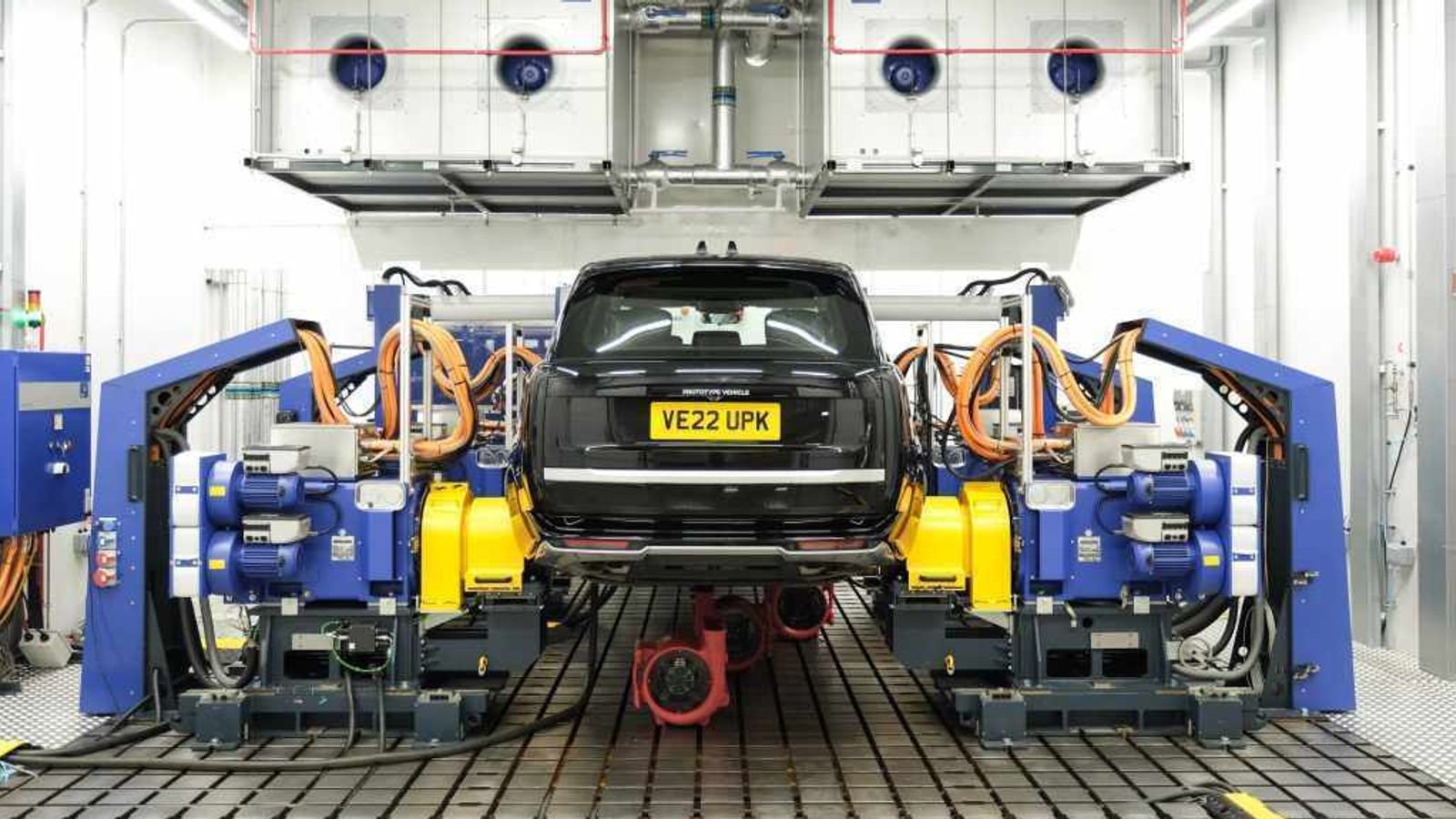UK car production declined by more than a quarter (27.1%) last month due to a cyber attack at Jaguar Land Rover causing a halt in manufacturing at the plant, as per industry data.
The total number of vehicles coming off assembly lines, including cars and vans, saw an even steeper decline of 35.9% based on September data from the Society of Motor Manufacturers and Traders (SMMT).
The major factor contributing to the decrease was the five-week production pause at Jaguar Land Rover (JLR) following a malicious cyber attack, while other car manufacturers reported growth.
Money latest: Restaurant sends bitter message to customers
Production at JLR’s assembly lines in the West Midlands and Halewood on Merseyside was halted from late August to early October.
During this period, no vehicles were produced. Although production has now resumed, the cyber attack is estimated to be the «most financially damaging» in UK history, costing approximately £1.9bn according to the Cyber Monitoring Centre.
This September marked the lowest number of cars manufactured in the UK since 1952, even during the COVID-19 lockdown.
Despite the resumption of operations, the automotive sector continues to face «significant challenges,» as stated by Mike Hawes, the chief executive of SMMT.
A slight increase in manufacturing output was observed this month following the phased restart of operations.
Out of the produced cars, nearly half (47.8%) were battery electric, plug-in hybrid, or hybrid vehicles.
The majority of the total vehicle output, 76%, was designated for export.
The primary export destinations include the European Union, US, Turkey, Japan, and South Korea.
JLR was the most recent target of a cyber attack in a series affecting various businesses.
Notable companies like Harrods, the Co-Op, and Marks and Spencer have also faced challenges due to cyber attacks within the past year.

